0
My Cart
$0.00
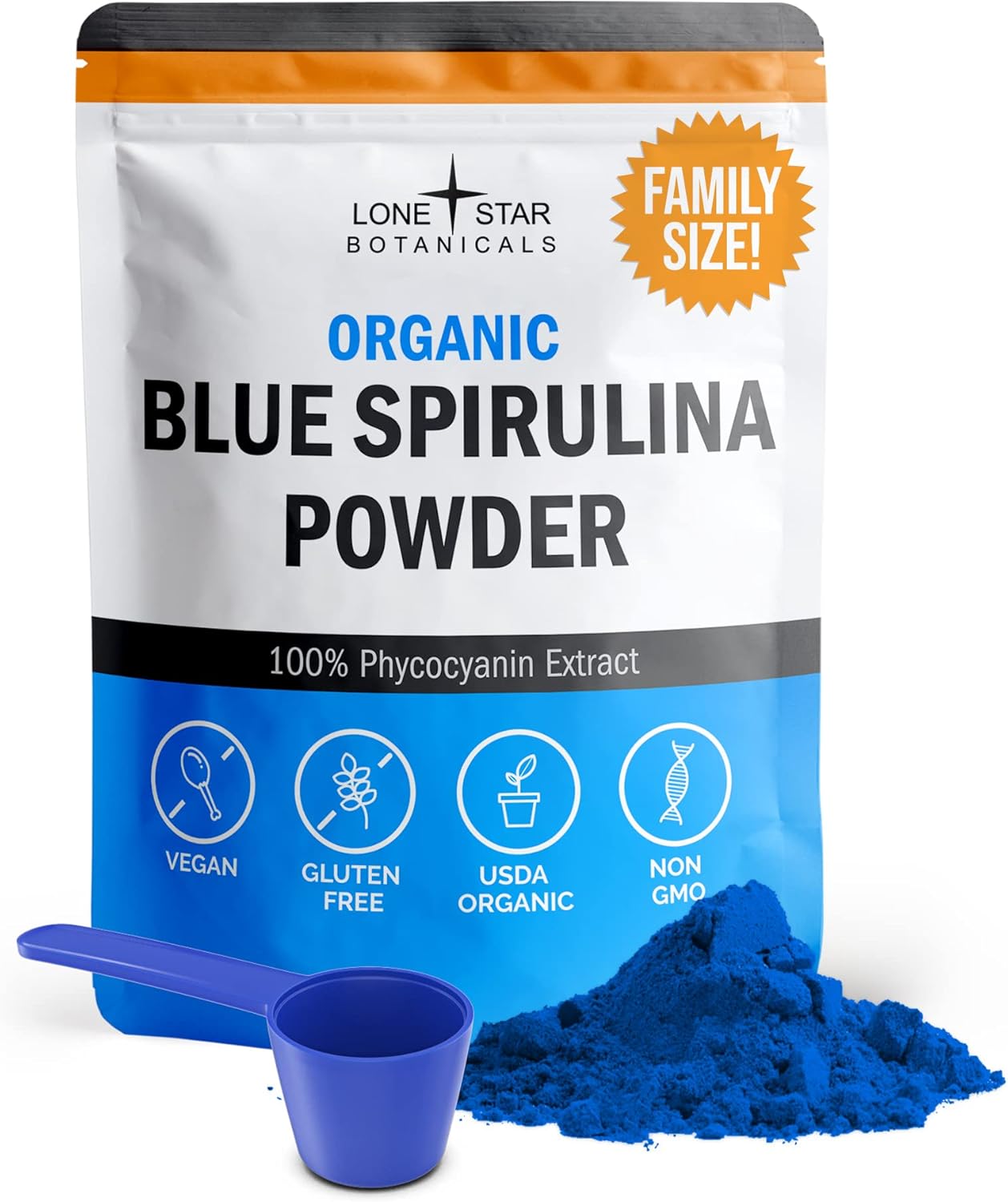
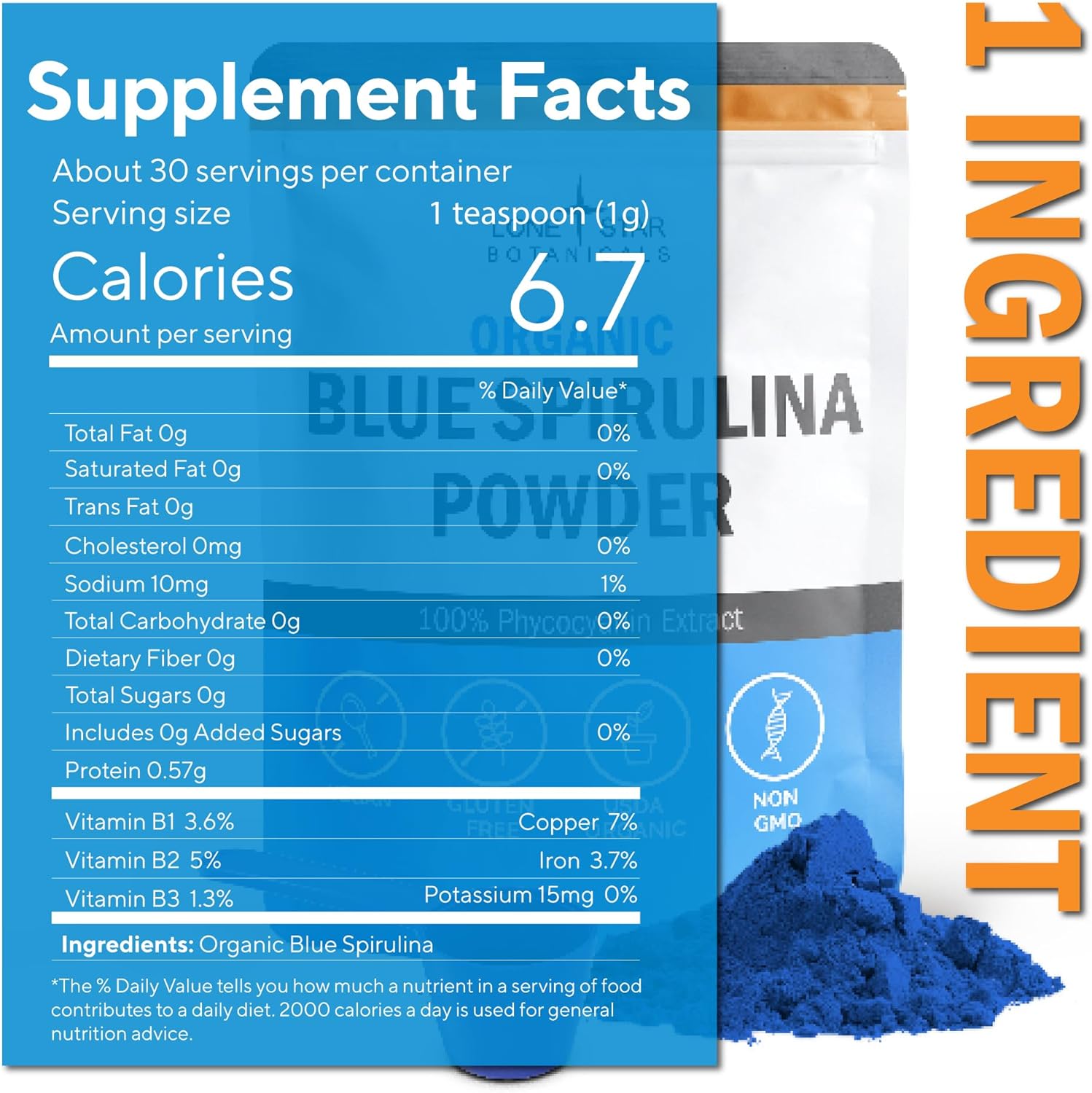
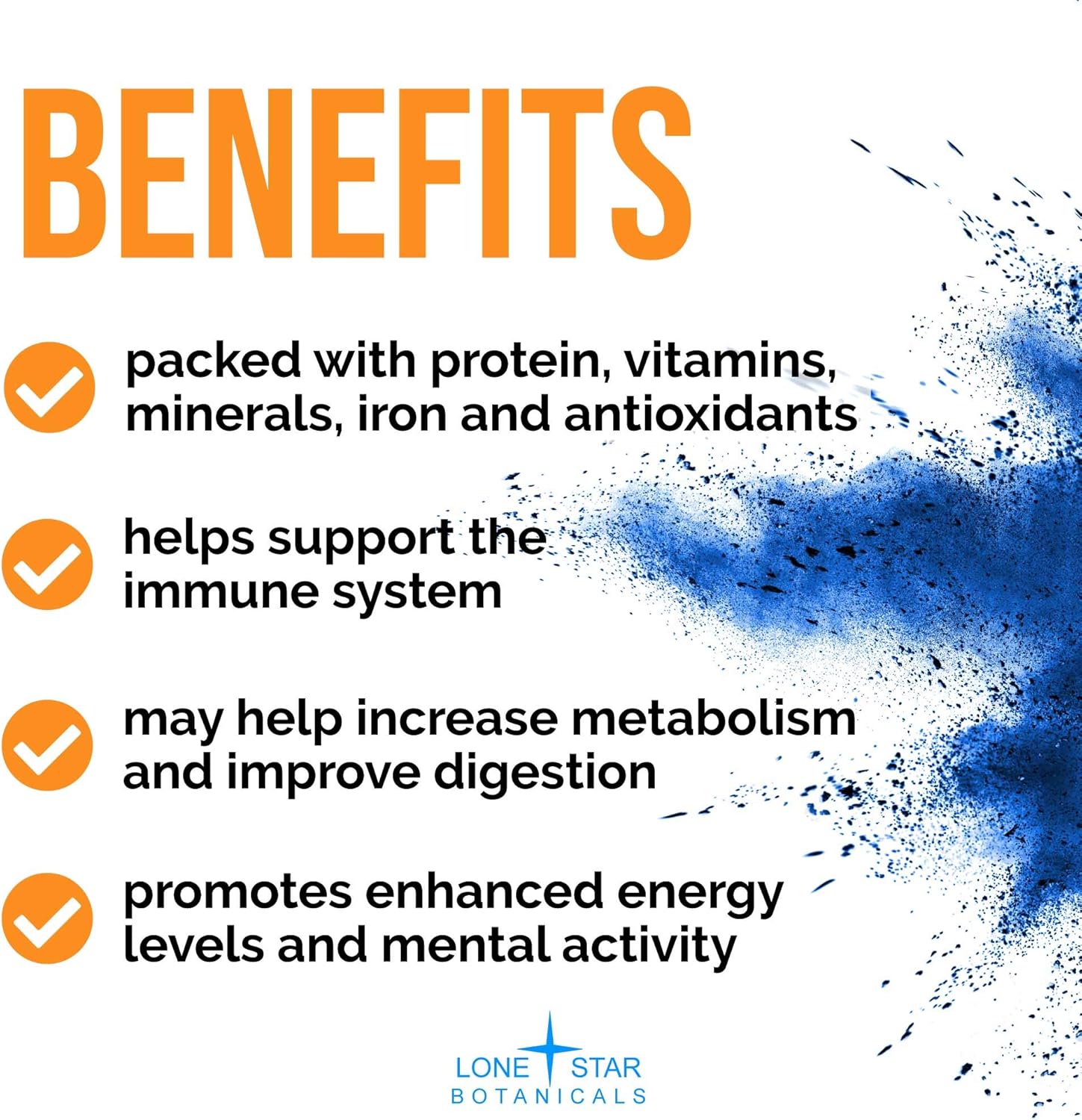
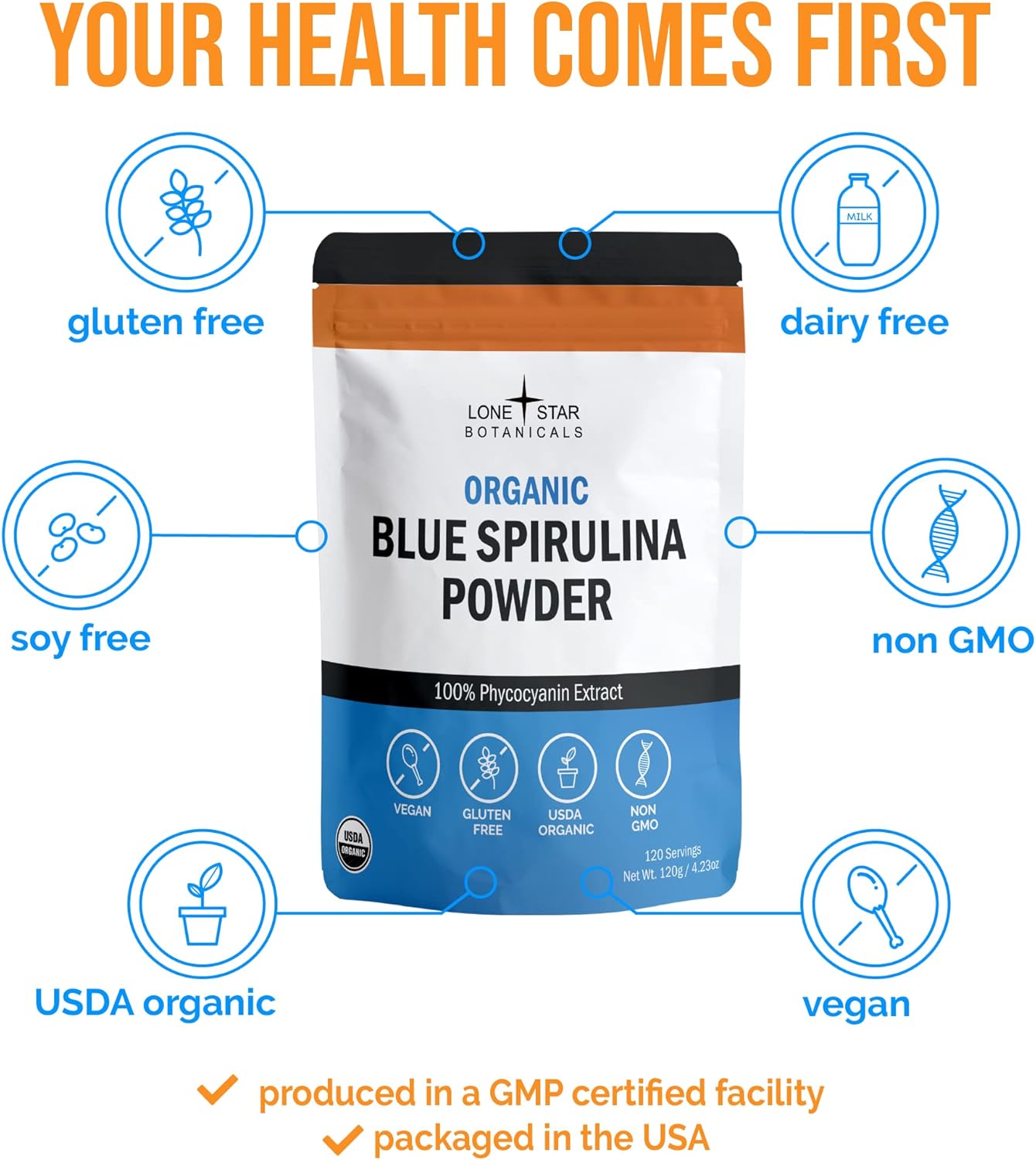
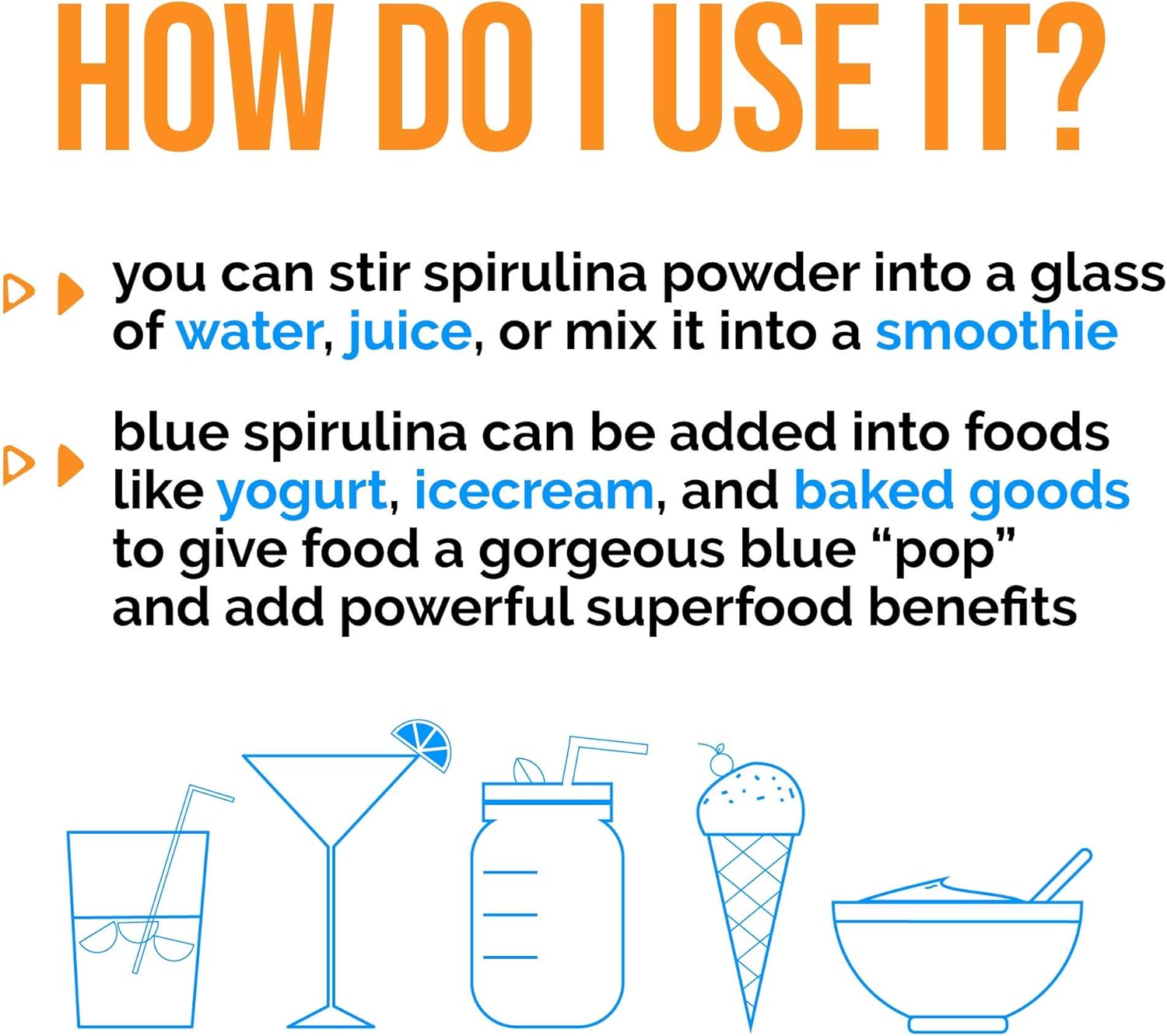
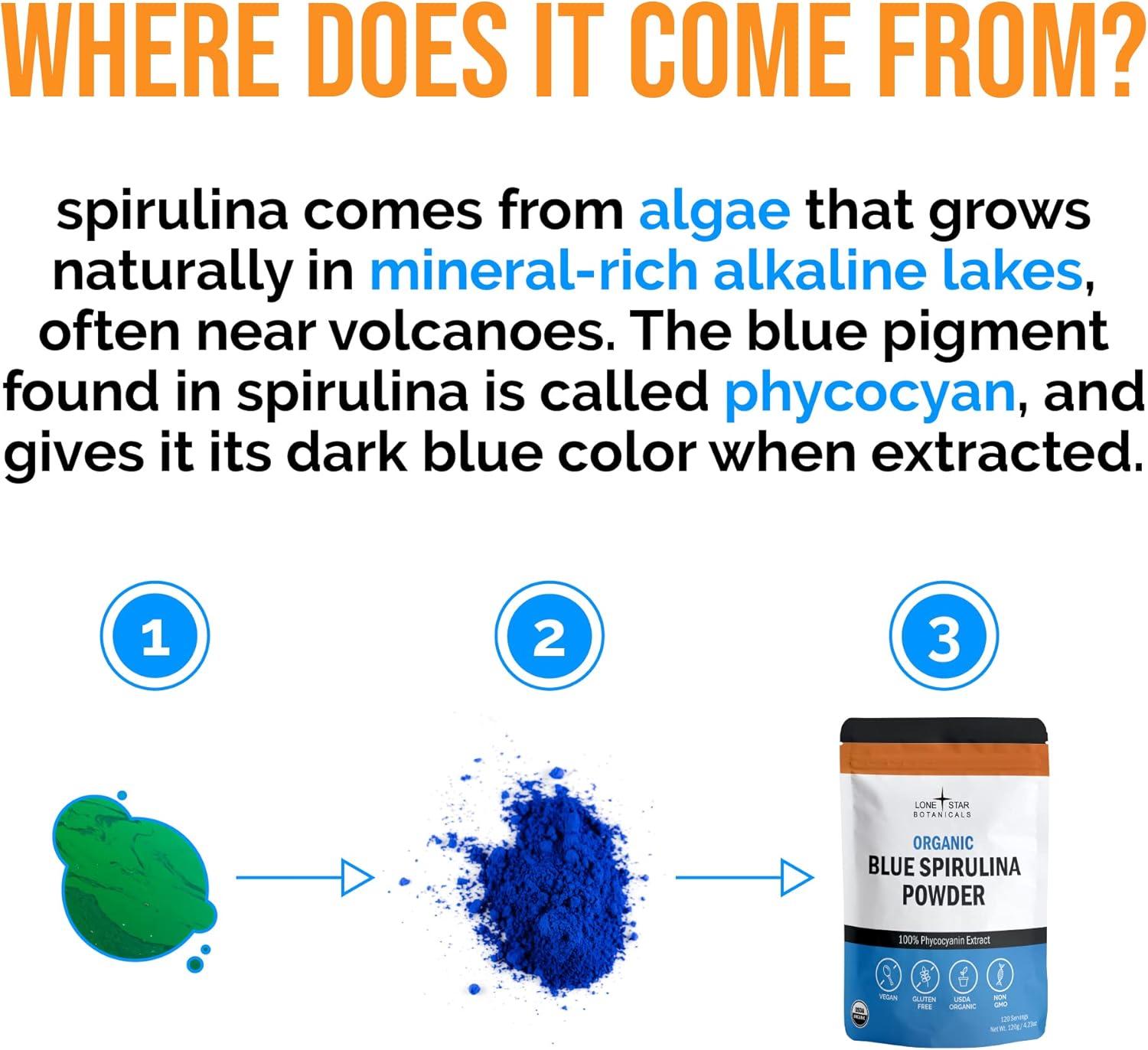

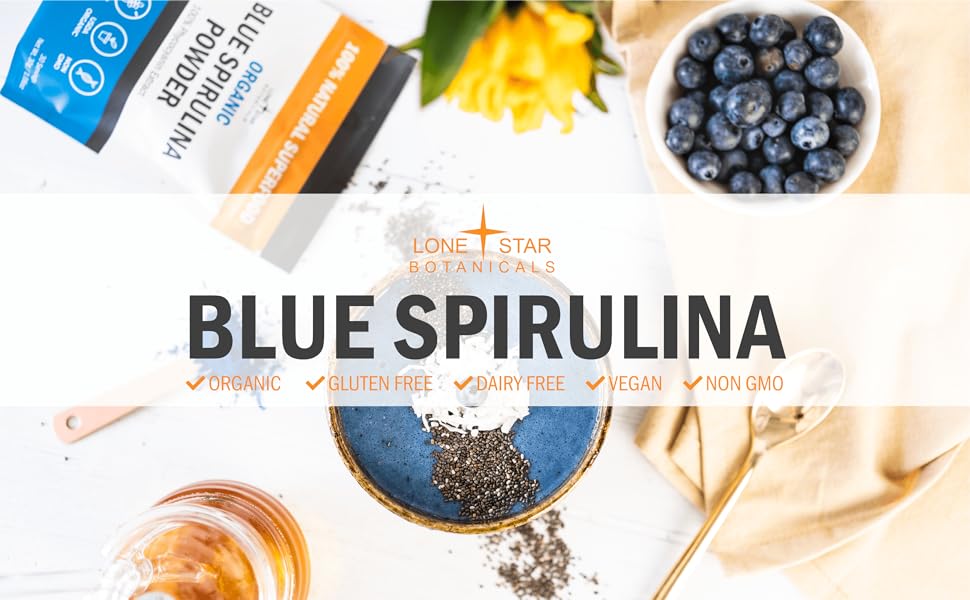
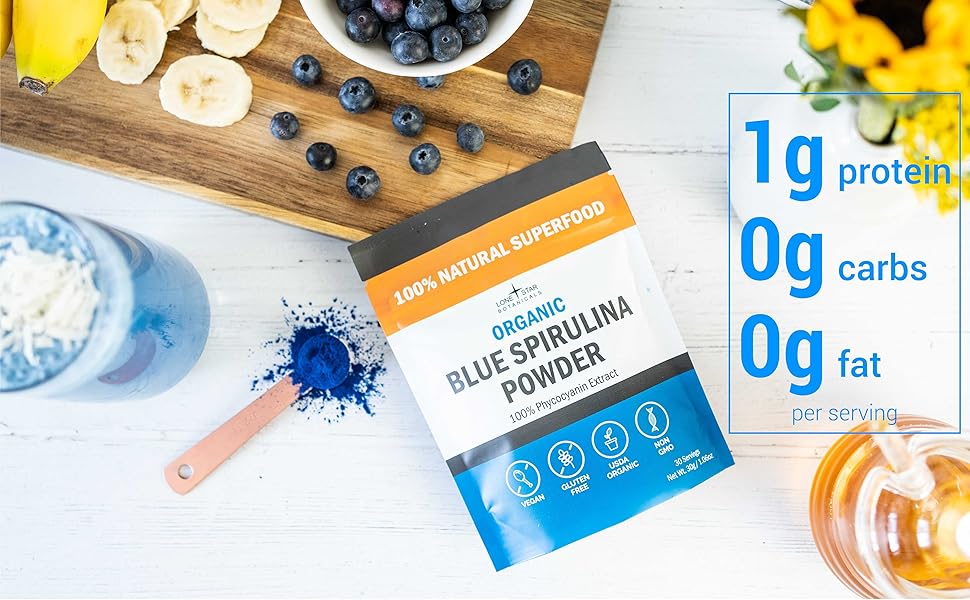

While it may be hard to believe that eating these blue-green algae could possibly be beneficial, spirulina is actually one of the most nutrient-dense foods on the planet. Spirulina is 60% protein (that's more than two times the protein found in red meat), contains 18 amino acids, (including all essential amino acids), and 10 of the 12 non-essential amino acids. It's also a great source of many other essential vitamins and minerals including copper, iron, manganese, potassium, B vitamins, and iodine.
If you’re still wondering if you should add spirulina to your diet, here are 2 ways it can help improve your overall health:
Studies have shown that spirulina has the potential to significantly increase the production of infection-fighting cytokines and may help improve the overall immune function in adults. Adding spirulina to your diet is a great way to take proactive steps to help give your immune system an offensive advantage.
While studies on this benefit are limited, some findings suggest regular consumption of spirulina may enhance endurance and increase exercise performance. Historically, Aztec messenger runners were known to take spirulina before starting their marathons as they believed it would help them improve their stamina and energy levels.
Key Features:
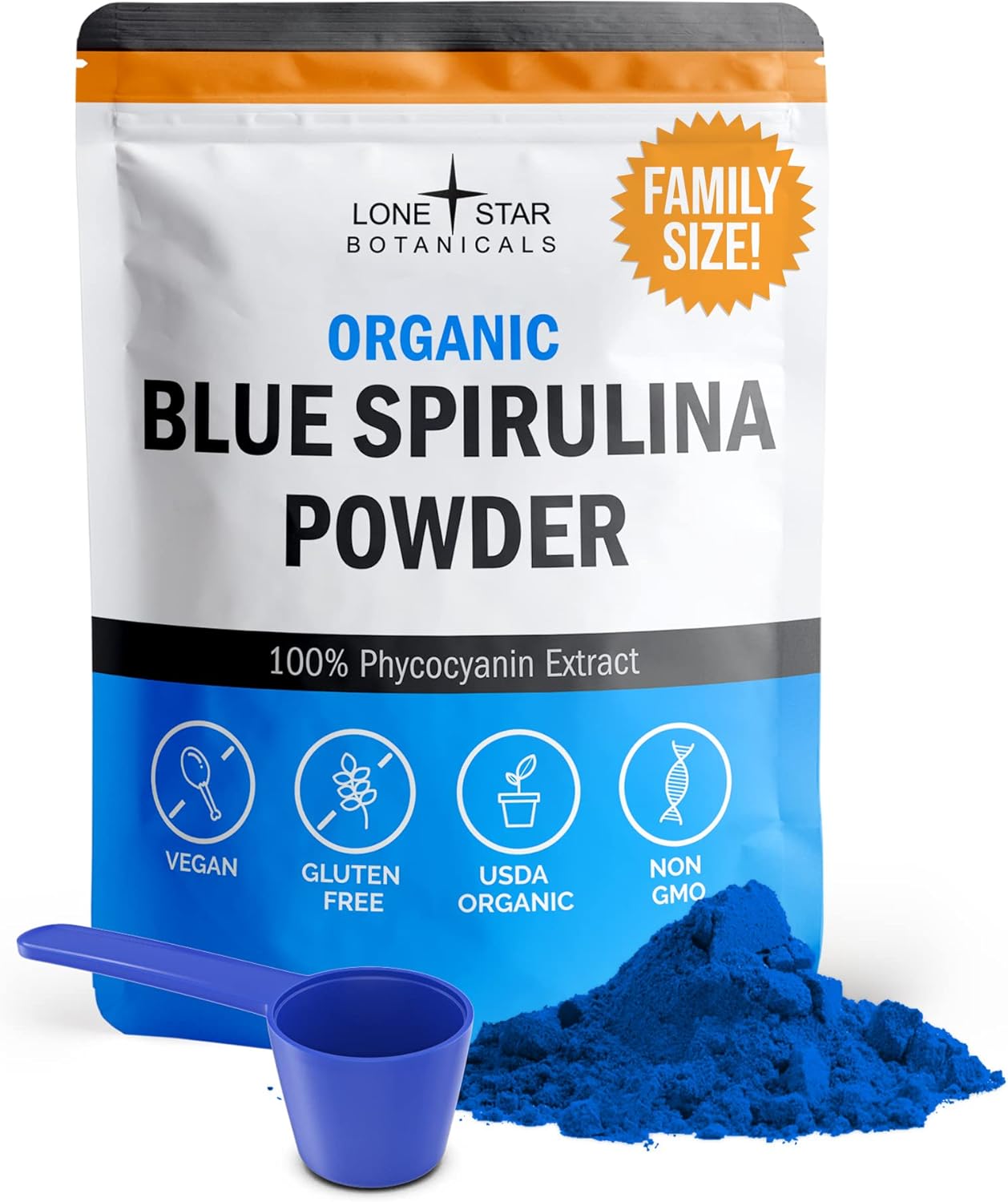
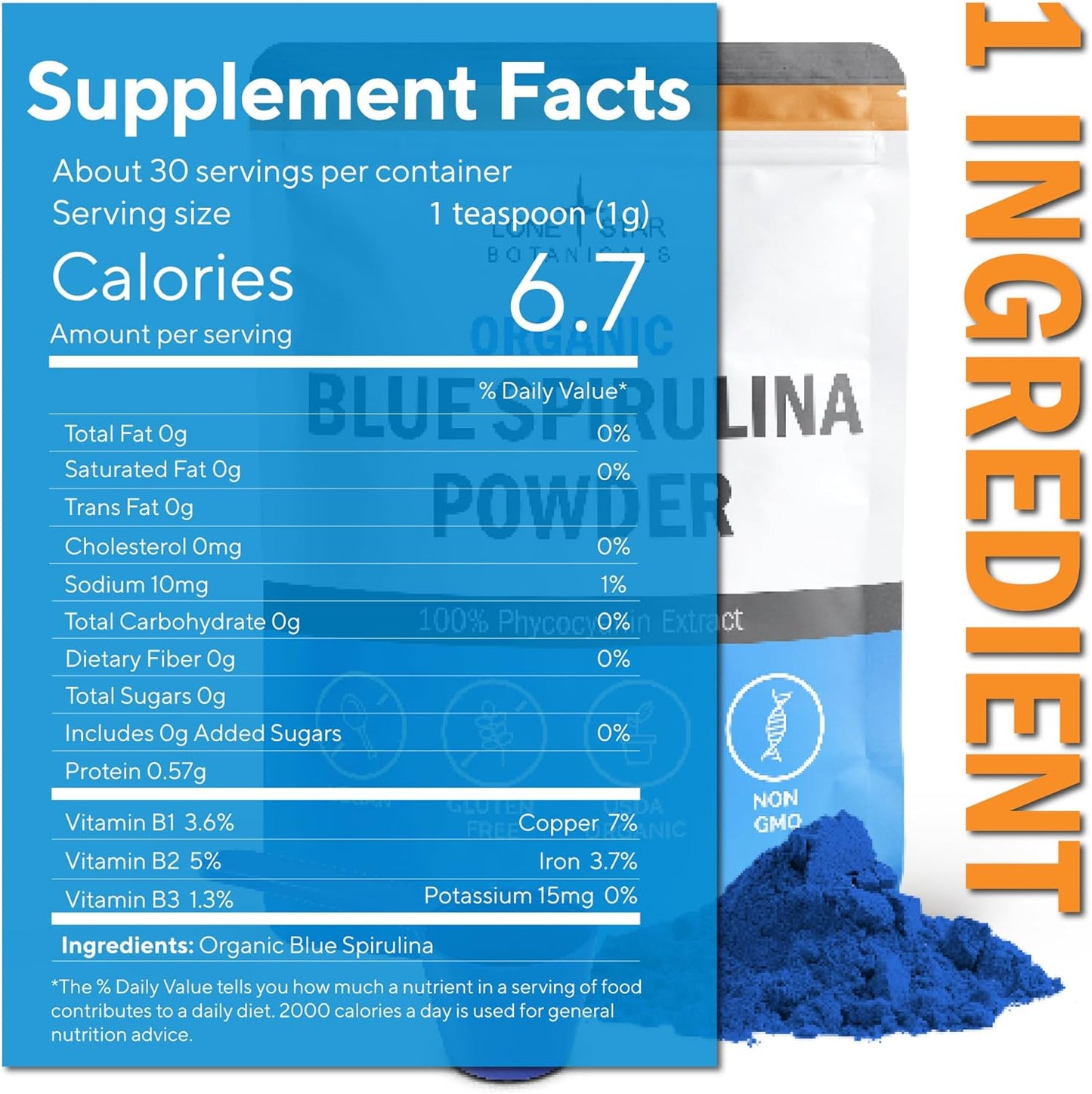
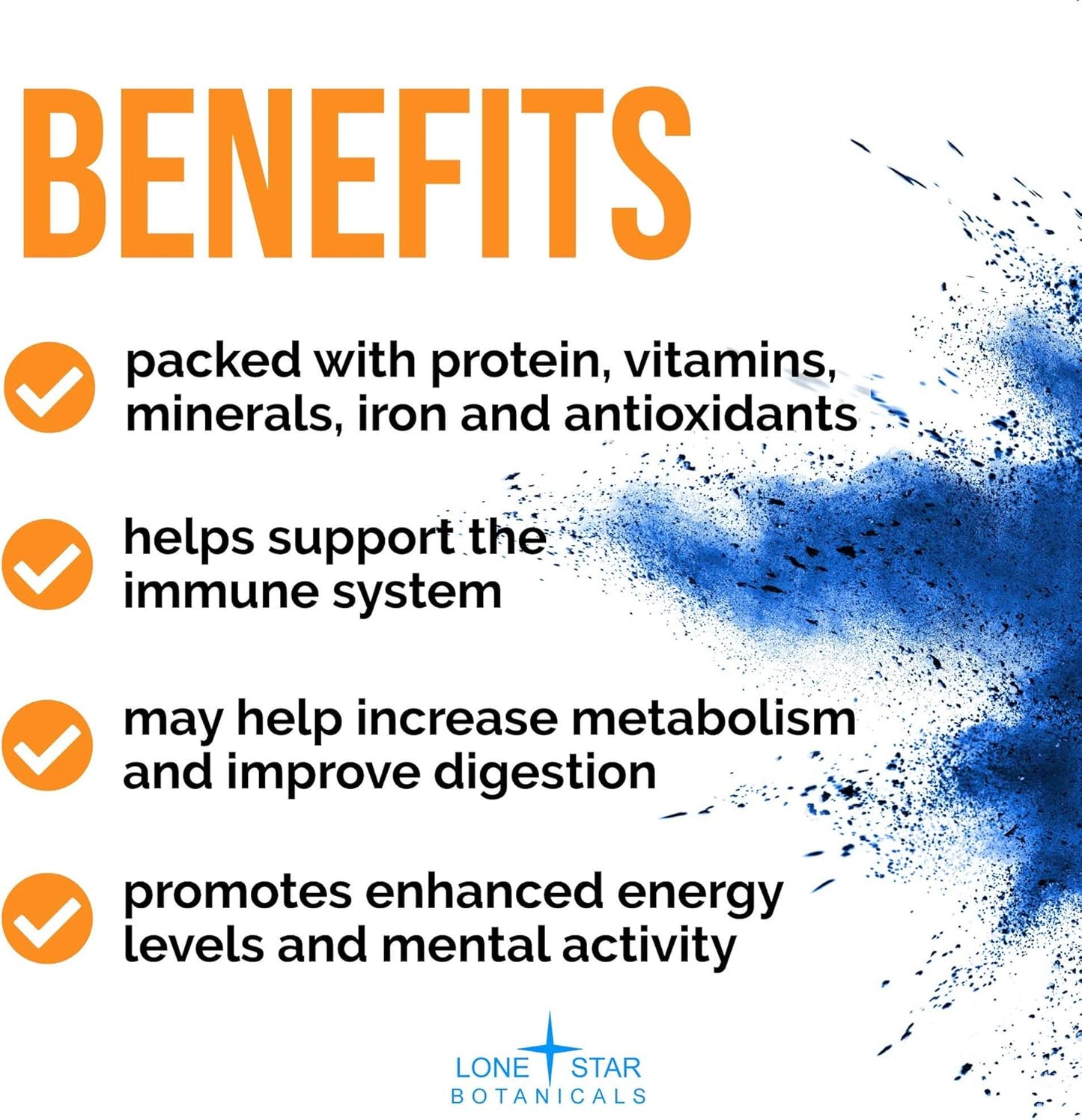
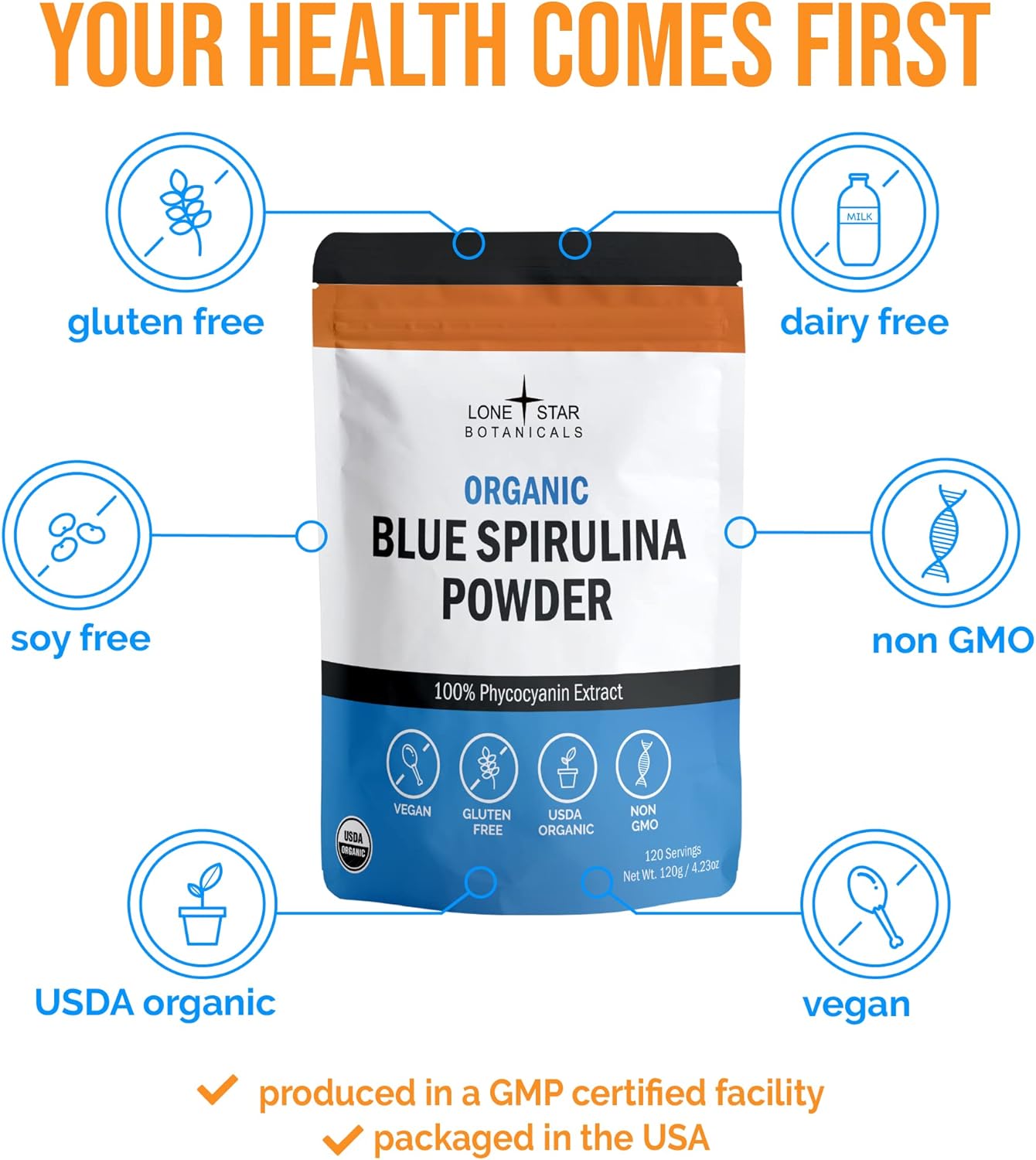
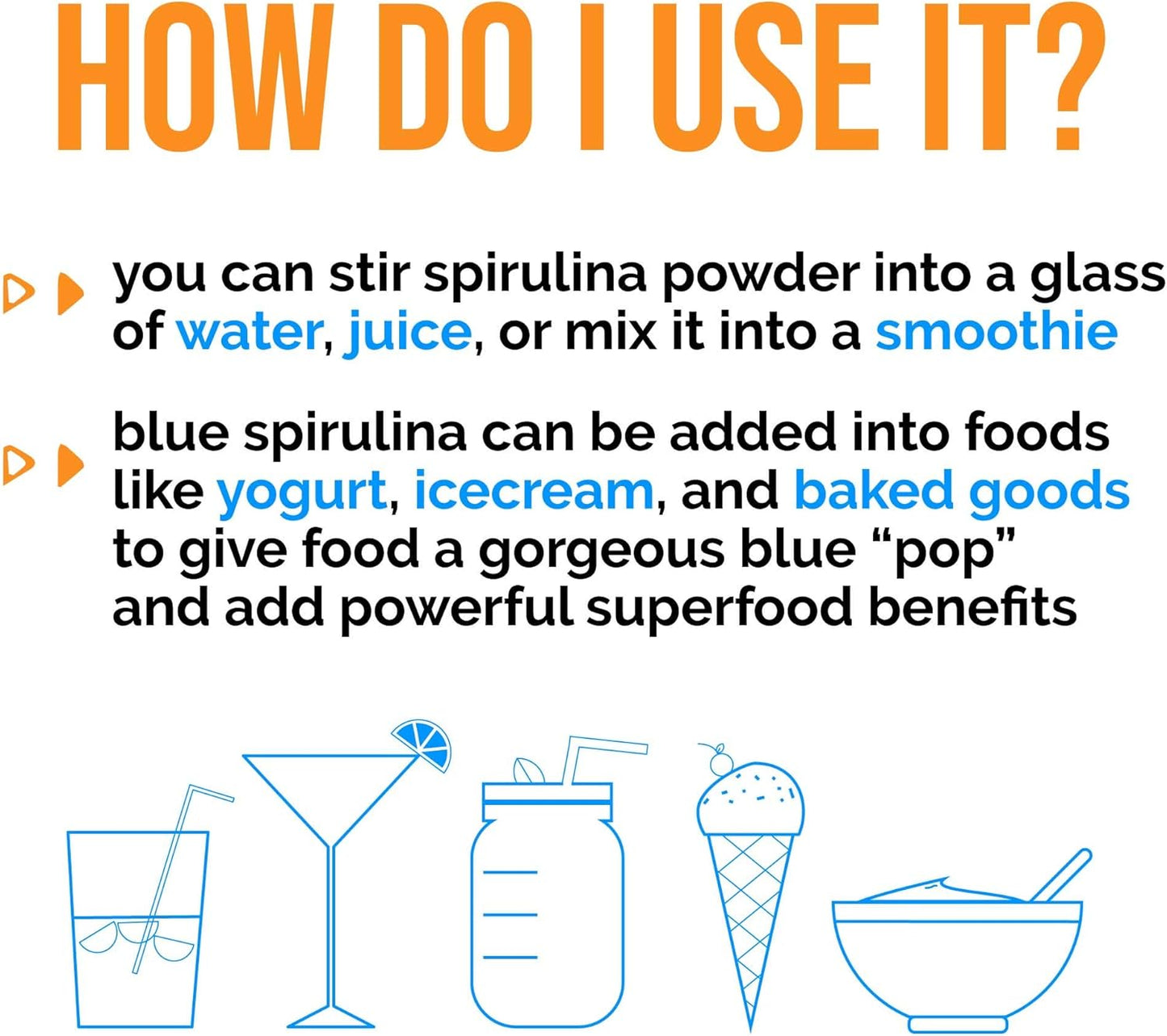
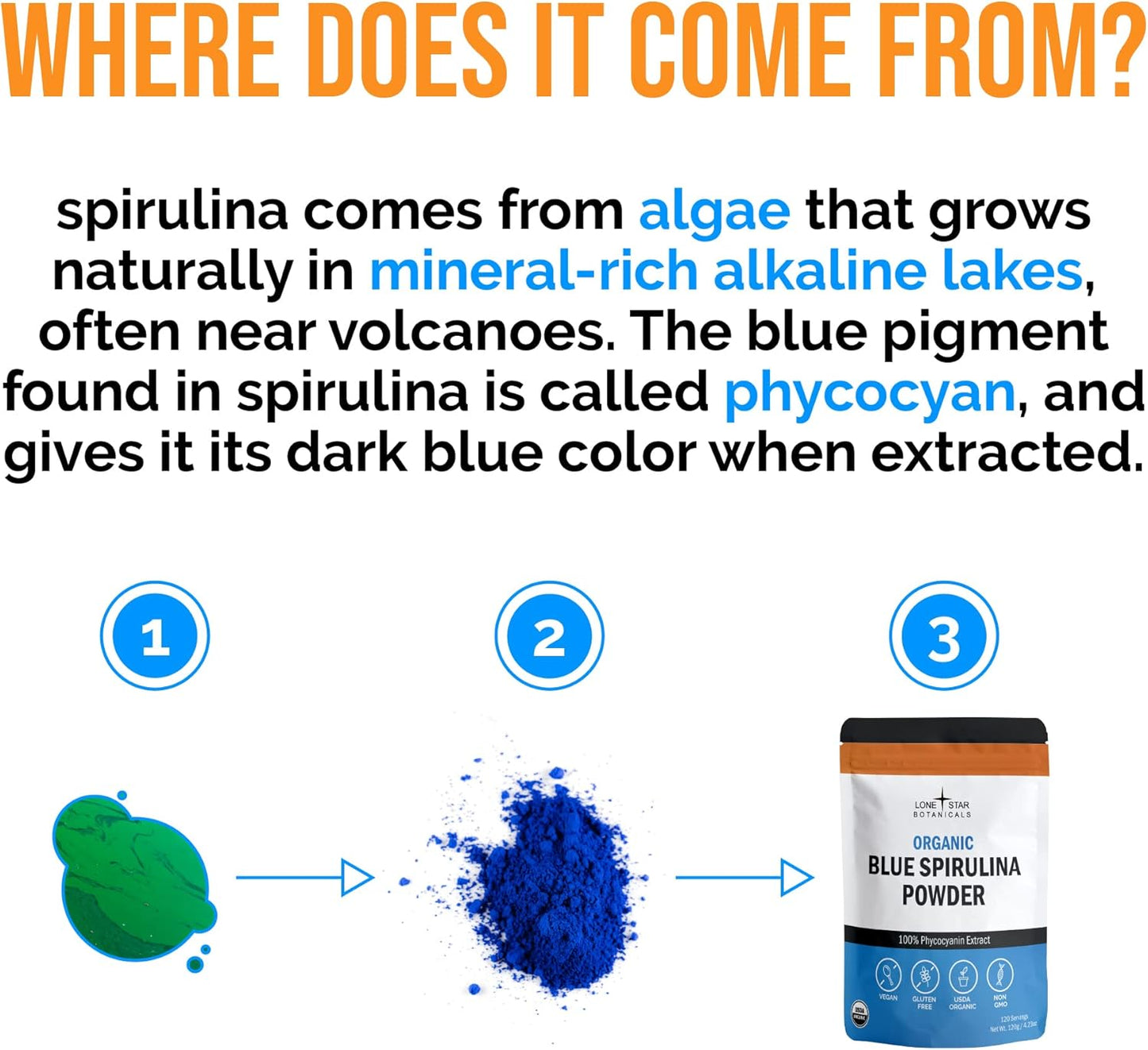

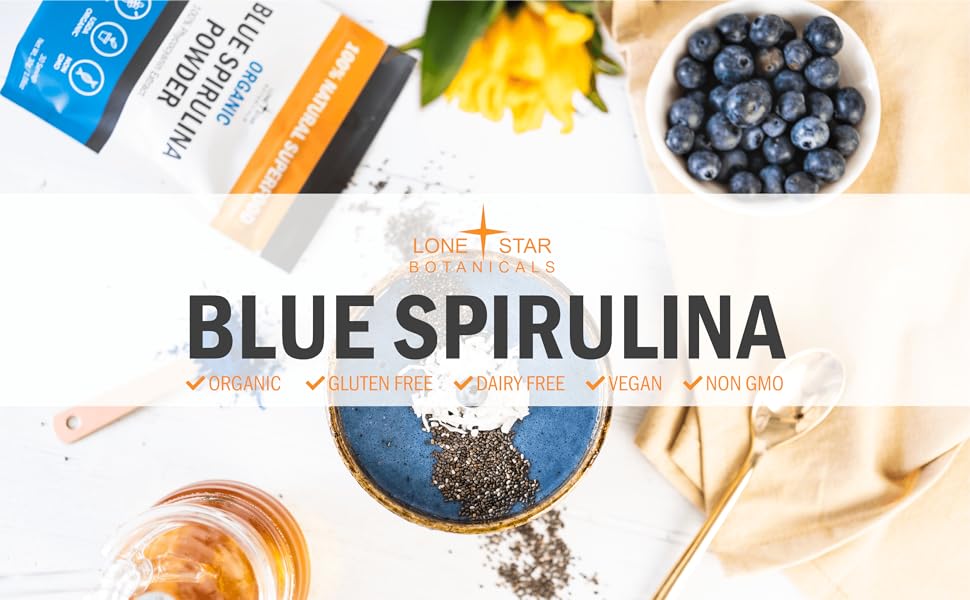
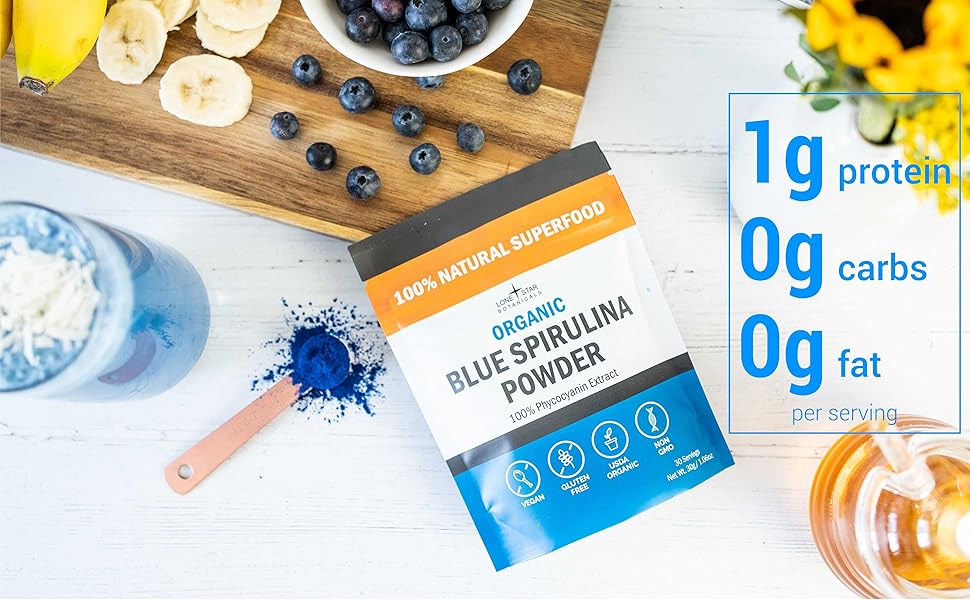

Sign up for the latest news, offers, and styles
